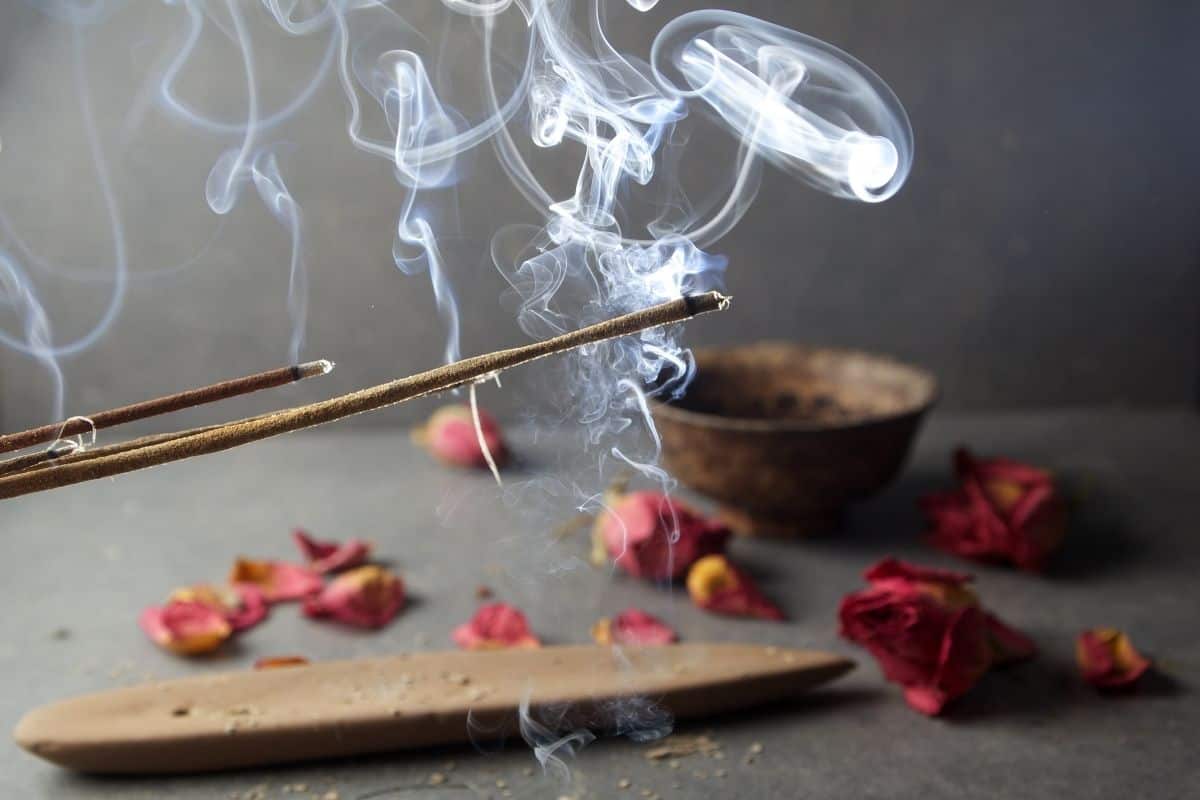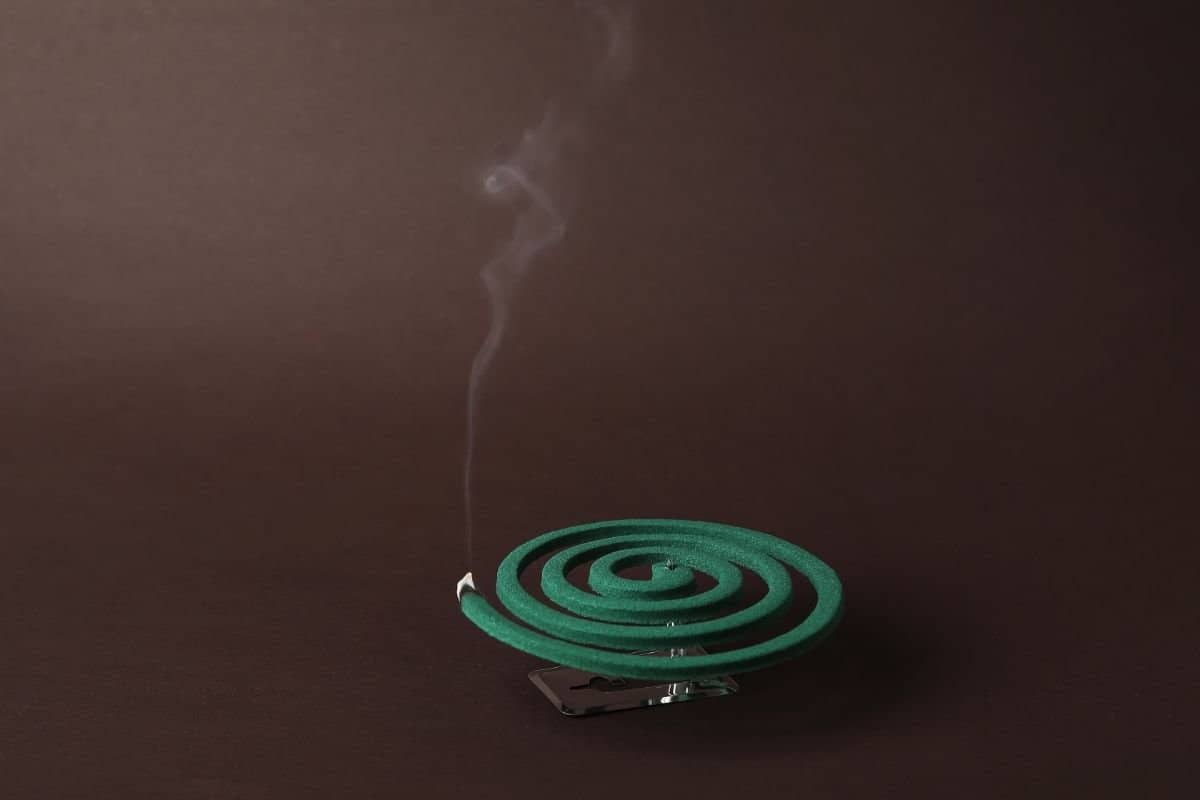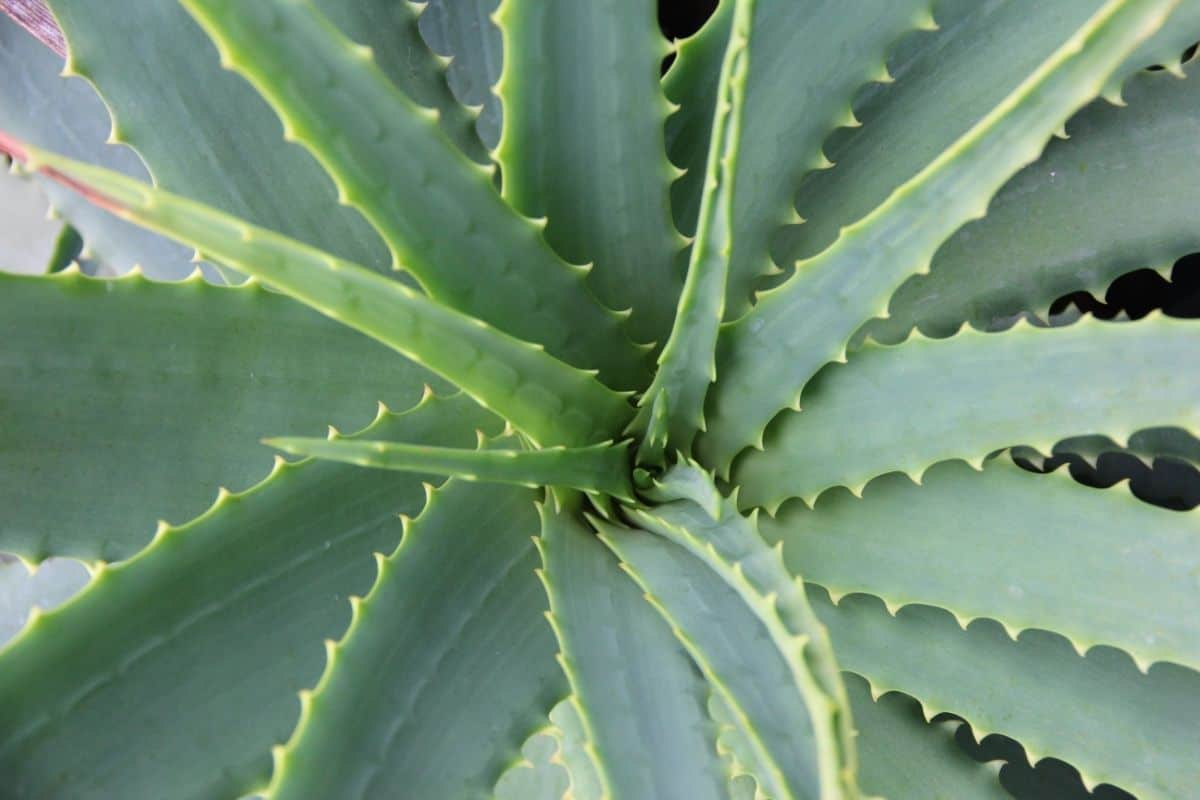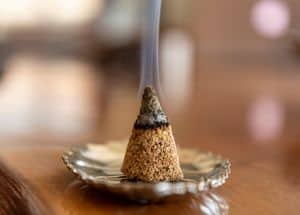Incense is a long-standing beautiful attribute of the East. We know that it is used as a repellent. Although, does incense repel mosquitoes? Can incense, in addition to a pleasant aroma, provide us a calm evening outside without mosquito bites?
Does Incense Repel Mosquitoes? Overview Of The Ancient Method
[wpsm_titlebox title=”Incense Against Mosquitoes” style=”main”]
- Incense really repels mosquitoes with smoke and a strong smell. They work for 2 or 8 hours.
- Use it only outdoors or in a well-ventilated area. Don’t use it if you have asthma or an allergy.
- Incense has antiseptic properties, what a pleasant bonus!
[/wpsm_titlebox]
Bzzzzz… Piii… And then there are claps and a useless race in an attempt to kill another mosquito. A peaceful evening in the open air or your night’s sleep is ruined. And then it goes on for several days until the patience is over. Even in the house, mosquitoes bothered me. In truth, my patience lasted just one evening, after my favorite repellant spray was over. Though, I remembered the incense mosquito repellent that we once purchased, and the problem was solved.

Does Incense Repel Mosquitoes And Why
Mosquito repellent incense does work. It is important to say that this method does not kill insects, but drives them away, and works for a limited time. So, why do mosquitoes hate incense?
The first and foremost reason is the smoke that comes from burning incense. Why does incense keep mosquitoes away? When you use it, it gives off thick dense smoke which, as well as fire, provokes the sense of danger in insects and animals. It scares them off, working at the level of instincts. That is why there are no mosquitoes near the fire, and they do not fly up to a person who smokes cigarettes, a pipe or hookah.
In fact, any smoke, even from a burnt piece of paper, will serve as a repellant. Another issue is that this smoke should be enough for a mosquito, but not too much for people. Besides, it should stand out for a long time because incense works only while they are smoldering. Incense sticks for mosquitoes burn long enough, from 2 to 8 hours, and provide exactly the right amount of smoke to repel mosquitoes and not to harm people.
The next reason for its efficiency is the strong aroma that incense has. And thanks to burning, it becomes brighter and richer. The most commonly used aromas are clove, eucalyptus, basil, anise, vanilla, geranium, citronella, orange, lemon, and mint. Incense is impregnated with essential oils of these plants and actively releases them. All of the above smells repel mosquitoes, both individually and in mixtures. You can even apply just a few drops of essential oil or put it on an aroma lamp, room fragrances with these essential oils also work well.
The third reason is the newest ingredient in mosquito incense, feverfew. It has a paralytic effect on mosquitoes, so insects avoid it.
Feverfew has been used as an insecticide for centuries in Persia and Europe; The mosquito coil was invented in the 1890s by Japanese entrepreneur Eiichiro Ueyama. At that time, in Japan, pyrethrum powder mixed with sawdust, burned on a brazier or incense burner, was used to repel mosquitoes. Initially, Ueyama pressed sticks from starch, dried tangerine peel powder, and pyrethrum powder.

However, such oblong-shaped sticks burned out in just 40 minutes, which was not enough for a long-term deterrent effect. In 1895, his wife Yuki suggested that the sticks be made thicker and longer, and shaped into a spiral.
In 1902, after a number of attempts, he managed to achieve the desired duration of smoldering of a coiled repellent by cutting a thick incense bar to a predetermined length and then hand-rolling it. This method was used until 1957 when the use of machine pressing made mass production possible. After World War II, his company, Dainihon Jochugiku Co. Ltd, has set up joint ventures in a number of countries, notably China and Thailand, to produce products that best suit local conditions.
Now let’s see how to use incense mosquito repellant.
How To Repel Mosquitoes With Incense
- Install the incense on a special stand or use a glass with a plate, mind fire safety.
- Set fire to the incense. In some cases the flame needs to be extinguished and let the incense smolder, depending on the manufacturer. Protection is guaranteed as long as there is smoke.
It is better to use incense outdoors or in well-ventilated rooms. Smoke and strong odors indoors can cause suffocation, nausea, headaches and poisoning. Do not forget about allergies or asthma, because in this case, the method is not suitable for you.
FAQ
What is the best incense for mosquitoes?
The choice is yours, but preference should be given to those incense that last as long as possible. Citrus flavors have shown the best effectiveness in controlling mosquitoes.
Does Incense Keep Other Bugs Away?
Yes, thanks to the smoke, incense also repels other insects. Aromas should be selected depending on the type of insects.
Does incense purify the air?
Yes, some incense, such as aloe vera and coniferous, has antiseptic properties and kills airborne viruses and bacteria. This has been proven by scientific research. However, they do not kill 100% of viruses and bacteria.

Incense Verdict: Does It Really Work?
Incense came to us from the ancient world and has been used for many purposes, including fighting against mosquitoes. A nice smell and clean air will be a pleasant addition.
Incense works due to thick smoke with a strong aroma: It is this factor that repels mosquitoes, but requires some caution from us as well. Do not use incense indoors or if you are intolerant of its scent.
Have you tried mosquito incense yet? What is your favorite fragrance as a mosquito repellent?
Also read:

